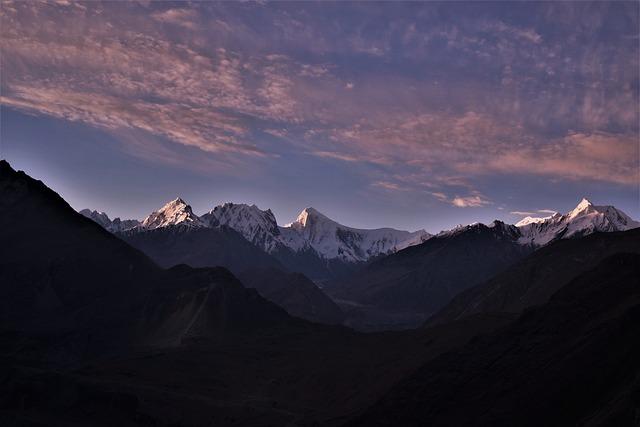“`html
The Politics of Higher Education in Pakistan
The politics of higher education in Pakistan is a multifaceted subject that intertwines governance, policy-making, and academic freedom. This article aims to dissect this intricate relationship, explore its implications for students and institutions, and provide insights into how it shapes the future of education in the country.
Understanding the Landscape of Higher Education in Pakistan
Pakistan’s higher education system has evolved significantly since its inception. From colleges affiliated with foreign universities to the establishment of autonomous universities, the landscape is continuously changing. Unfortunately, political influences often shape this evolution in ways that can inhibit growth and development.
The Role of Government in Higher Education
- Policy Formulation: The government plays a critical role in creating policies that define the structure and operations of higher education institutions.
- Funding: Resource allocation is heavily influenced by political motives, with certain institutions receiving preferential treatment based on their affiliations.
- Appointments and Governance: Political party affiliations often elevate individuals to key positions in educational institutions, potentially undermining meritocracy.
Political Interference and its Consequences
Political interference in higher education manifests in several ways:
- Curriculum Control: Curricula can be modified to align with the ruling party’s ideological stance, affecting academic integrity.
- Student Activism: University campuses often become battlegrounds for political ideologies, with student organizations aligning with political parties.
- Unfair Practices: Politics can influence admission processes, faculty appointments, and even research funding, leading to a compromised system.
Benefits of Politically Influenced Higher Education
While the influence of politics may generally seem negative, there are some potential benefits:
- Development Initiatives: Politically motivated initiatives can lead to increased funding for infrastructure, enhancing the overall educational environment.
- Awareness and Activism: Political engagement fosters a culture of activism among students, preparing them for future leadership roles.
- International Collaboration: Political ties can result in partnerships with foreign universities, attracting resources and knowledge.
Case Studies: Political Influence in Action
Several instances highlight the impact of politics on higher education in Pakistan:
| Case Study | Description |
|---|---|
| Student Unrest at Punjab University | Political affiliations of student bodies led to clashes, affecting the academic calendar and student safety. |
| Changes in Curriculum | Government mandates altered university syllabi to promote specific national narratives, impacting academic freedom. |
First-Hand Experience: Insights from Students
To grasp the reality of political dynamics in higher education, we explored insights from current students:
“Political parties have influenced both our choice of subjects and the environment of our campus. It’s hard to focus on studies when there’s ongoing unrest.” – Aisha, 3rd-year student.
“While I find it frustrating that politics affects our education, being part of a politically active campus has motivated me to engage in social issues.” – Ahmed, 2nd-year student.
Practical Tips for Students Navigating Political Dynamics
Students can take proactive steps to navigate the political landscape effectively:
- Stay Informed: Keep yourself updated on university policies and political developments that may affect your education.
- Engage Ethically: Get involved in student organizations that promote positive change without resorting to violence or intimidation.
- Network: Build relationships with faculty and peers to create a supportive academic environment amidst political chaos.
Conclusion: The Future of Higher Education Politics in Pakistan
The interplay between politics and higher education in Pakistan is complex and often contentious. While political influences can lead to challenges, they also present opportunities for students and institutions. By remaining aware and engaged, students can navigate this challenging landscape and work towards a more equitable and academically rigorous environment. As the political scene continues to evolve, so too will its impact on higher education, making it essential for everyone involved to advocate for a system that prioritizes integrity and academic freedom.
“`



